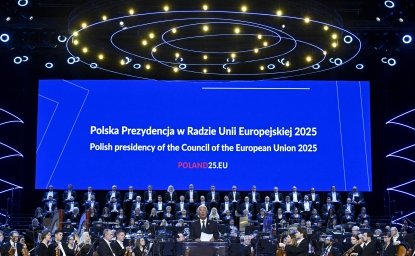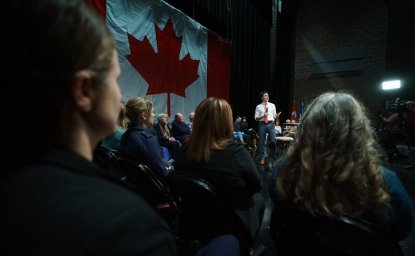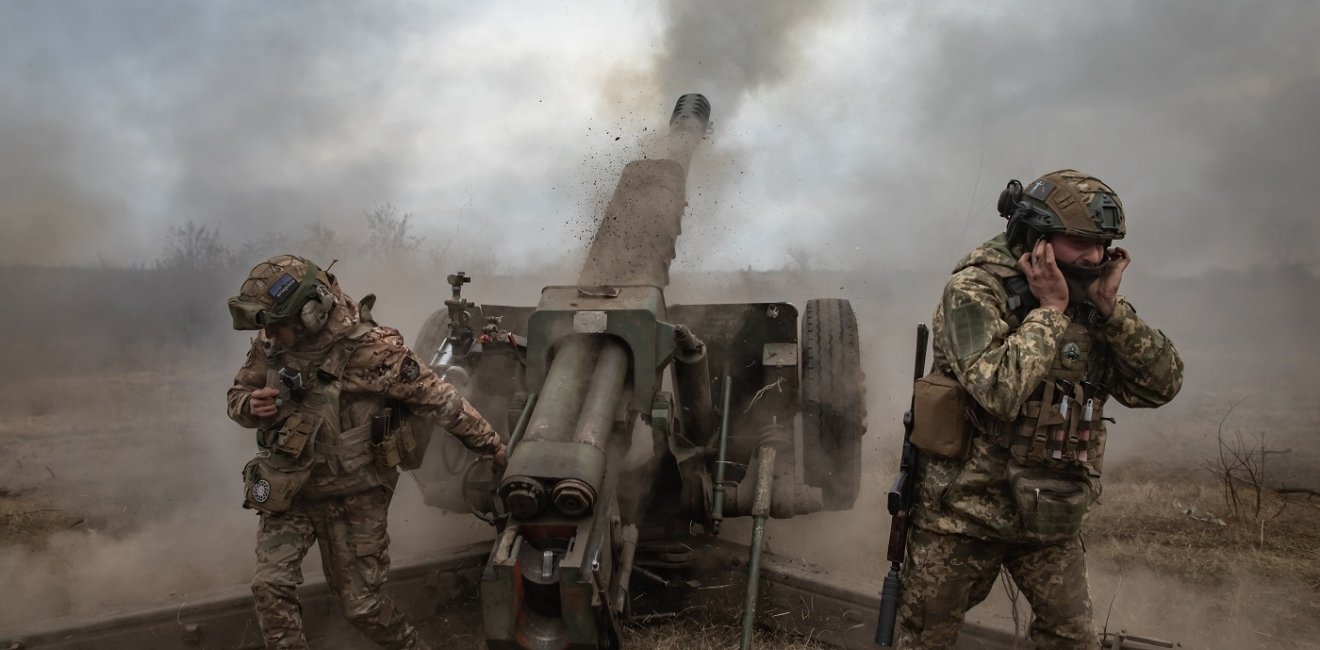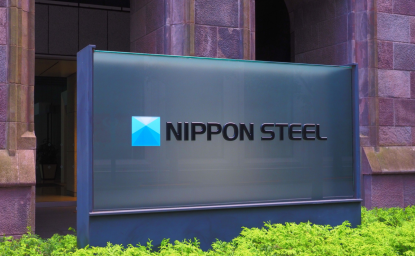On 6 August Ukraine launched a surprise offensive into Russia’s Kursk region, catching Russian forces off-guard. The objectives of the operation are twofold: to convince Ukraine’s international partners that defeat is not inevitable, and if Ukraine is forced to negotiate, to build leverage ahead of talks. Neither outcome is assured.
After months of Ukrainian forces being pushed back in Donbas, and a strong mood building that Russian advances – while so far slow – were irreversible, rapid Ukrainian advances in Kursk have effectively changed the narrative. The attack demonstrates that well timed, and properly planned attacks can disrupt Russian forces, whose poor cohesion has once again led to units surrendering on a dynamic battlefield. That Ukraine managed to maintain operational security ahead of the attack also demonstrates that lessons have been learned from the failure of Ukraine’s 2023 summer offensive.
It is also worth noting that Ukraine not only conducted ground operations but successfully struck a number of Russian airfields, damaging aircraft that have been bombarding Ukraine’s critical national infrastructure with air launched missiles, and dropping glide bombs on Ukrainian frontline positions to devastating effect.
Politically, Ukraine is hoping that if it is forced to negotiate with Russia, following potential severance of US military-technical assistance under a future administration, it will be holding something that Russia must get back, and therefore have leverage with which to win concessions. This means that Ukraine must not only take but also hold Russian territory for a sustained period.
The Kursk operation, however, exposes Ukraine to significant military risks. Ukraine was short of troops and was struggling to hold its Eastern front before this operation. The commitment of its operational reserve means that it will be stretched further. Russian gains continue in Donbas, with the imminent depopulation of Pokrovk, Toretsk and several other towns looming.
Furthermore, it is not clear that Ukraine will be able to hold what it has captured. Once Ukraine goes firm and starts digging in, Russia will bring up its artillery, electronic warfare complexes, air defense, glide bombs, and operational-tactical missile complexes, to place Ukraine in the same difficulties it is encountering elsewhere, only with fewer reserves. The Kursk operation will not offer leverage in negotiations if President Vladimir Putin believes he can drive back the incursion over the course of talks.
Another critical point is that – even if (following the US presidential election) US military-technical assistance to Ukraine continues -- then Ukraine will have expended most of its options for an offensive in 2025. New equipment could have built upon existing forces. Now, equipment and units in scarce supply will be expended. Kyiv, therefore, will have ceded the initiative next year; it has made its play now.
This leaves Kyiv with two options: early, or late negotiations. The danger lies in the middle ground. Russian military advantages will continue to build through early 2025. The Russian military will then likely see a decline in combat power through late 2025 into 2026. If Ukraine can hang on until then, it may be possible to extend the conflict indefinitely, in which case Kyiv’s leverage will build in negotiations. The Kursk operation will make it harder to sustain the fight to that point. If, by contrast, negotiations come early, the Kremlin will likely try and progress talks slowly, letting the military situation on the ground deteriorate to increase its leverage.
For Ukraine’s international partners there are three critical priorities. Firstly, Ukraine will not have leverage in talks if the front is crumbling. Stabilization of the front is vital. For this, regular deliveries of ammunition throughout the period of negotiations are critical. Artillery ammunition and air defense interceptors are especially important. The more damage that can be done to Russian forces in Kursk, too, the better.
Secondly, whether in long or short negotiations, Ukraine’s international partners need to consider how to make the outcome a lasting peace. This likely means offering Kyiv security guarantees. Without these, Russia will use the threat of restarting hostilities to deter foreign investment going into reconstruction, economically undermine Ukraine, and thereby have plenty of opportunities for destabilization. Indeed, if the fighting stops, Ukraine will struggle to maintain its current levels of mobilization, so the risk of Russia continuing to use its mobilized defense industry to prepare for a future breach of any ceasefire is serious.
Thirdly, Ukraine’s partners must double down on the defense industrial mobilization of Europe. If talks progress badly, Europe must be prepared to continue to arm Kyiv. If talks go well, the European pillar of NATO will need the industrial base to underpin a credible deterrence posture. For the United States, which has long seen Europe as a theatre for defense sales, the need for Europe to free up US capacity to deter threats in the Indo-Pacific means that European defense industry must be encouraged to grow.
Ukraine is facing a tough winter, its energy grid under constant attack, Russian forces pressing in the East, and limited materiel available to replace lost equipment. Now is not the time to hold back support.
Author

Senior Research Fellow for Land Warfare at the Royal United Services Institute

Global Europe Program
The Global Europe Program is focused on Europe’s capabilities, and how it engages on critical global issues. We investigate European approaches to critical global issues. We examine Europe’s relations with Russia and Eurasia, China and the Indo-Pacific, the Middle East and Africa. Our initiatives include “Ukraine in Europe”—an examination of what it will take to make Ukraine’s European future a reality. But we also examine the role of NATO, the European Union and the OSCE, Europe’s energy security, transatlantic trade disputes, and challenges to democracy. The Global Europe Program’s staff, scholars-in-residence, and Global Fellows participate in seminars, policy study groups, and international conferences to provide analytical recommendations to policy makers and the media. Read more

Explore More
Browse Insights & Analysis
Poland's EU Presidency: It’s all about Security

Ukraine Quarterly Digest: October–December 2024


